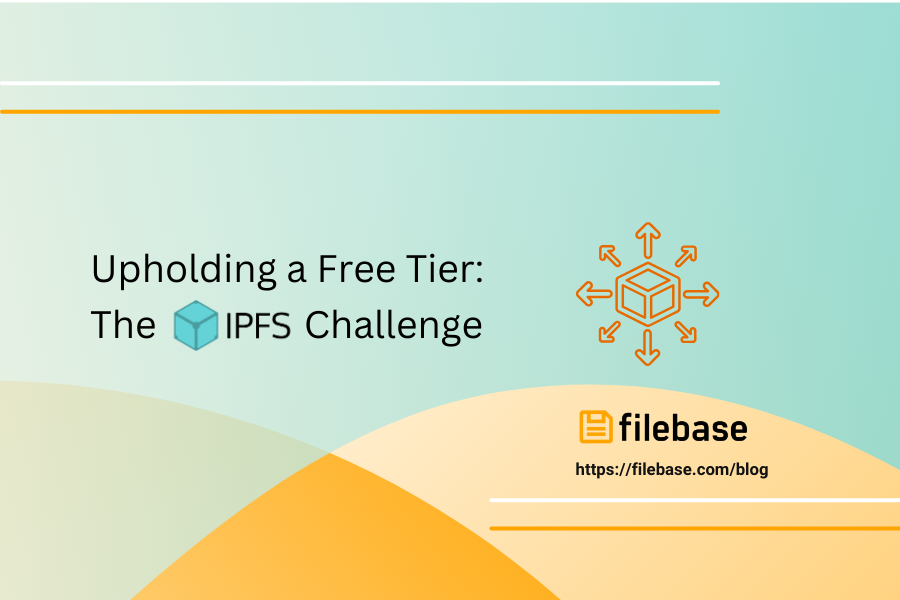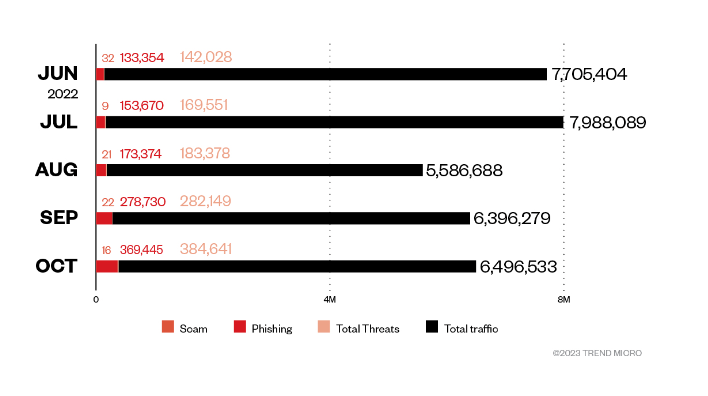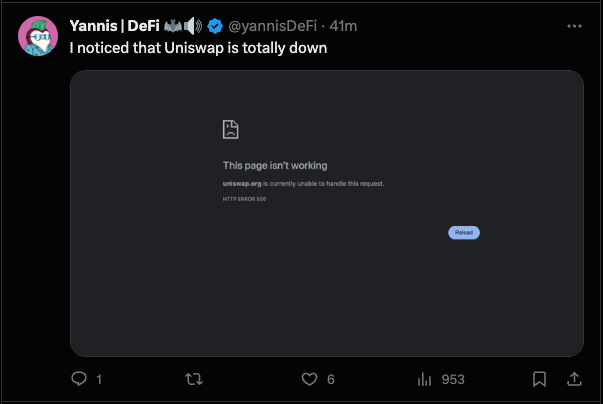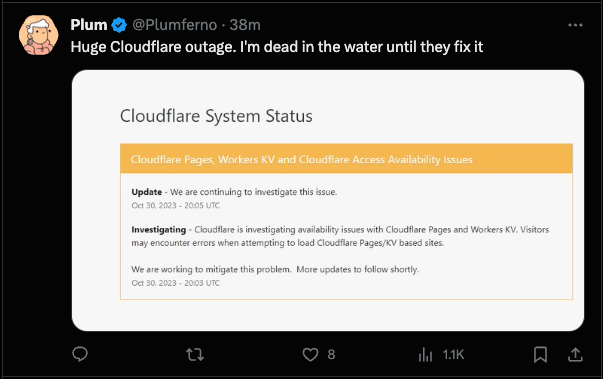Upholding a Free Tier: The IPFS Challenge

Four years into our journey at Filebase, we stand amid a shifting technological landscape where continuity and reliability are more valued than ever. In such times, we are not just continuing but reaffirming our pledge to offer a free tier. This commitment reflects our understanding of the value that this service brings to developers and users alike. Throughout this article, we will discuss the complexities involved in maintaining a free tier, the strategies we employ to sustain it, and the core reasons behind our unwavering dedication to this cause.
If you're new to IPFS or wondering, "What does IPFS stand for?"—it stands for the InterPlanetary File System, a protocol created by Protocol Labs in 2015. IPFS is designed to make the web faster, safer, and more open by distributing how files are stored and shared across a global, peer-to-peer network. For a deeper dive into what IPFS is and how it works, you can explore the official overview by Protocol Labs here.
The Challenge of Free: Navigating Fraud and Cost
The most formidable challenge in offering a free tier, especially in the realms of storage and IPFS, is the ongoing battle against abuse and fraud. For those exploring free IPFS options, these challenges can often be invisible but are critical to maintaining service integrity. The start of 2023 saw an alarming spike in IPFS phishing attacks, underscoring a stark reality: free services are prime targets for malicious activities. Although we've put measures in place like IP blacklisting and device identification, these methods are not foolproof.
To illustrate the extent of these threats, we turn to data from Trend Micro, which documented threats on the IPFS network month over month throughout 2022. The following table provides a clear depiction of the increasing challenges we face in maintaining a secure environment for our users.

Despite these challenges, we've chosen not to enforce credit card requirements at sign-up. It's a common strategy, but one that introduces unnecessary barriers for users just wanting to explore our platform. Earlier this year, we scaled down certain free tier features to manage fraudulent activity better, ensuring that our paying customers continue to receive a high-quality service.
Infrastructure: The Key to Sustainable Free Services
Our free tier's sustainability is a direct result of our decision to operate our own bare metal infrastructure. This approach steers us clear of the common inefficiencies and dependencies associated with using third-party providers. By managing our infrastructure, we provide a robust free tier and maintain high-quality service for our paid customers, free from the ripple effects of cost overruns.
Furthermore, our proactive infrastructure management insulates our users from the industry-wide outages that frequently impact services relying on centralized public cloud providers. As evidenced by recent disruptions among many pinning services and decentralized products, our approach stands out. Our users, whether they’re utilizing our free tier or are paid subscribers, continue to have uninterrupted access to IPFS pinning services, their respective gateways, and our own managed CDN layer. This illustrates Filebase's unwavering commitment to delivering reliable services and empowering our users, even amidst widespread technical challenges.


The images above depict the impact of Cloudflare's outage on October 31st, 2023—unrelated to pinning services but illustrative of disruptions faced when centralized services underpin Web3 products. Filebase users, in contrast, maintained uninterrupted access during such events.
Free Tier as a Catalyst for Growth and Innovation
Taking a leaf from Vineet Kumar’s freemium playbook, we understand that our free tier is the fertile ground from which robust, feature-rich functionalities grow. We're mirroring this philosophy at Filebase, ensuring our free tier is the entry point to a wider world of possibilities. Offering free IPFS storage and NFT Storage solutions not only drives adoption but also empowers developers to bring their visions to life without the burden of initial costs.
We're setting trends, not just reacting to them, by aligning our roadmap with our community's needs and the dynamic pace of technological advancement. As Kumar suggests, freemium is about a commitment to perpetual innovation. That's our pledge at Filebase: to keep the digital landscape fertile for growth, innovation, and the continuous expansion of our service ecosystem.
IPFS Pricing Plans Tailored for Every Stage of Development
As we uphold our commitment to a free tier, we're also mindful of the diverse needs of our users. That's why we offer a range of plans, each designed to support different stages of growth and development:
- Free: Begin your journey with IPFS without any financial pressure. Our Free plan offers 5 GB Storage and 1000 Pinned Files, perfect for trying out IPFS and benefiting from free IPFS pinning services, and no credit card is required.
- Starter: At $20/month, this plan is tailored for creators and developers who need more. Enjoy Unlimited Files, 800 GB Storage, 800 GB Bandwidth, and 1 Dedicated IPFS Gateway, plus competitive rates for additional storage and bandwidth.
- Pro: Scale with ease for $100/month. Get Unlimited Files, 4 TB Storage, 4 TB Bandwidth, and 5 Dedicated IPFS Gateways. This plan is designed for projects that are growing in scope and scale.
- Enterprise: For large-scale IPFS deployments requiring custom solutions. Our Enterprise plan offers volume-based pricing, priority support, migration assistance, expanded IPNS name limits, a higher-capacity gateway fleet with CDN integration, and advanced threat monitoring
Looking Ahead: Sustaining Our Promise
As we peer into the future, our vision for Filebase is clear: to keep refining and expanding our services while holding fast to the promise of a free tier. We're not just keeping the lights on; we're upgrading the grid. Our commitment goes beyond mere access—it's about improving user experience, strengthening security, and ensuring that our infrastructure isn't just robust but also future-proof. We're deploying new features, honing our user interface, and reinforcing our network—all to guarantee that the developers and users who rely on us today can continue to do so tomorrow, and long after.
Start Building Today
Create your free account in seconds and begin your IPFS journey. Engage with our vibrant community for support, contribute ideas, and influence our roadmap.
- Join the Filebase Community on Discord for real-time collaboration.
- Explore our Blog for insights and updates, and delve into our Documentation for comprehensive resources on utilizing our platform.
- Stay informed of the latest developments by following us on Twitter @Filebase.
- Showcase your creations and get featured by tagging us @Filebase or #Filebase on socials.
Other Free Ways to Access IPFS:
- IPFS Desktop – GUI application to run a node locally.
➔ Download IPFS Desktop - IPFS Companion – Browser extension for direct IPFS access from Chrome/Firefox.
➔ Install IPFS Companion - Local Kubo Node – Install Kubo (formerly go-ipfs) and run a full IPFS node.
➔ Install Kubo Node - Public IPFS Gateways – Access IPFS content without running a node.
➔ List of Public IPFS Gateways
Join our community and start building — it's easier than assembling furniture from that Swedish store, and we promise you won’t have any pieces left over!
In conclusion, the essence of our mission at Filebase remains unchanged: to support developers from their project's inception as a hobby to its potential as a thriving business. We're here to ensure that the first step is always free, accessible, and conducive to innovation. Join us in this endeavor, explore our platform, and take your projects from ideation to success with Filebase.
Frequently Asked Questions
Is it free to use IPFS? Yes, IPFS can be free, but storing and reliably accessing data typically requires paid services like Filebase for persistent pinning.
Does it cost to upload to IPFS? Uploading to IPFS is free, but if you want to ensure it stays available over time, you'll need to use a pinning service, which may have associated costs.
How does IPFS make money? IPFS itself is an open-source protocol and does not generate revenue. Unlike blockchains like Ethereum, which have built-in incentives at the protocol layer through mechanisms like gas fees, IPFS has no native economic model. Instead, services like Filecoin storage markets and pinning providers such as Filebase create monetized infrastructure to ensure data persistence and long-term availability.
Can anyone use IPFS? Yes, IPFS is an open protocol available to anyone. Developers and users worldwide can upload, share, and retrieve content through the network.
Reliable IPFS, Zero Headaches
Gateways, IPNS, and seamless pinning—all in one place. Try it now
Get Started For Free!